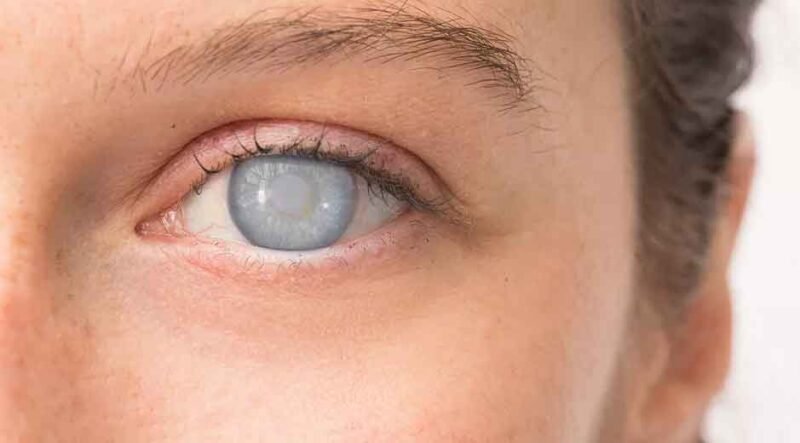As people age, cataracts are a natural condition that affects some individuals. As the lens of the eye becomes clouded, vision deteriorates. Cataract surgery offers patients an effective and reliable treatment option. Here’s more information about cataracts and their treatment:
About Cataracts
Cataracts occur when proteins in the lens become misshapen and clump up. Because of the clouding, it is as if you are gazing through a hazy window. Some adults will develop cataracts gradually due to the natural aging process. People with cataracts may report that their vision becomes more blurry, less clear, or lacking in color. Reading and driving can be hard when the environment is dimly lit. The clouded lens can create an irritating glare when it comes from bright car lights, street lamps, or the sun. As the cataract develops, colors may look faded due to the change in how light reaches your eye.
Risk Factors
Most cases of cataracts are due to age-related changes in eye proteins. Both genetic and environmental factors can also influence cataracts. The lens inside the eye can change faster when exposed to ultraviolet rays. If you regularly smoke or drink large amounts of alcohol, you may be more likely to get cataracts. When someone suffers traumatic eye damage, the lens may be affected and become cloudy or opaque. Surgeries performed on the eyes in the past may affect the lens and lead to cataracts later on.
Diagnostic Process
Thorough eye exams include different tests to discover cataracts early. Cataracts make it more difficult to read standard eye charts. Glare testing is used to check how much light sensitivity can interfere with your vision while performing daily activities. These tests determine how well you see shades of light. An ophthalmologist can widen the pupils to allow a clear view of the entire lens. A retinal exam is done to check if any other eye problems could be causing your vision issues.
Treatment Options
Some individuals may experience improved vision after getting new eyewear with a different prescription. Using anti-glare coatings and special glasses may help alleviate light sensitivity in some patients. If cataracts affect your daily activities and vision, your ophthalmologist may recommend surgery.
Phacoemulsification utilizes ultrasonic waves to break apart and gently remove the clouded lens. In laser-assisted cataract surgery, the eye is treated with a laser, and the cataract is broken up. People who require lens replacement get an artificial one made from materials such as acrylic. After cataract surgery, alternating between multifocal or accommodating lenses may reduce the need for reading glasses.
Preventive Measures
Having regular eye exams makes it easier to identify cataracts before they cause significant vision loss. Eye doctors are trained to identify small issues early on before they cause harmful damage. The doctor will evaluate your specific medical history when making treatment suggestions.
Sunglasses with protective UV filters lead to extra protection for your eyes against harmful ultraviolet radiation. A good diet rich in antioxidants helps protect your eyes from harm and promotes overall health. By quitting smoking, a person can lower the effects of oxidative stress on their lens proteins.
Schedule Cataract Surgery
Eye protection, such as UV-blocking sunglasses, may help prevent or delay cataract formation for some individuals. Cataract surgery is a modern treatment solution to help patients recover from vision loss or eye damage. Placing new lenses in your eyeglasses is another way to help improve your vision and decrease the need for surgery. Routine tests for vision reveal any developments that might signal cataracts or other eye disorders. Schedule a complete eye exam right away to make sure your eyes are healthy.








